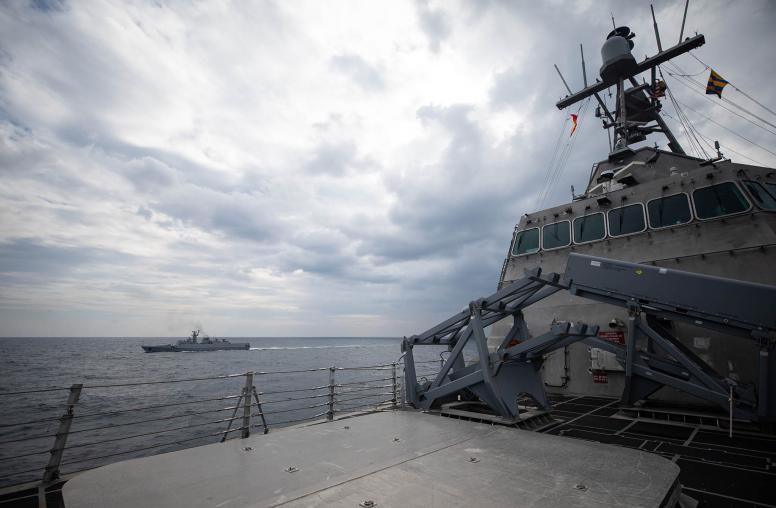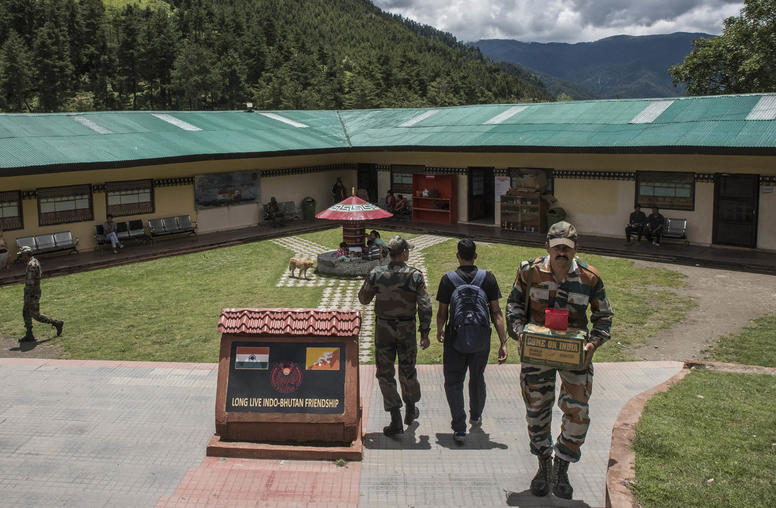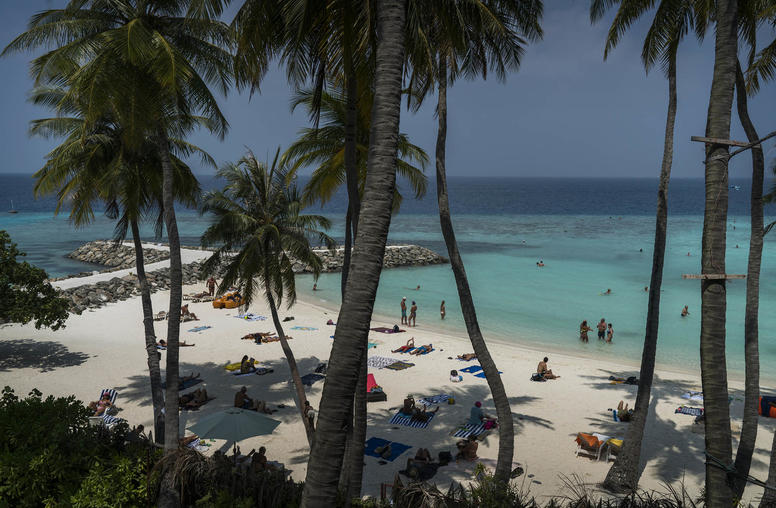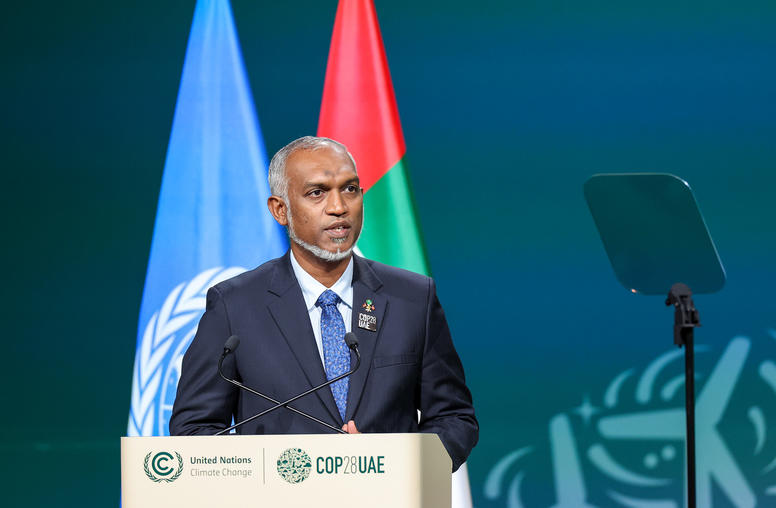Nilanthi Samaranayake
Contact
Please submit all media inquiries to interviews@usip.org or call 202.429.3869.
For all other inquiries, please call 202.457.1700
Nilanthi Samaranayake is a visiting expert for USIP’s South Asia programs.
In addition to USIP, she is also an adjunct fellow at the East-West Center’s Washington office. Samaranayake has 25 years of experience in the nonprofit research sector. Most recently, Samaranayake served as director of the strategy and policy analysis program at CNA, where she led a team conducting multidisciplinary research and analysis for civilian and military leaders. Before joining CNA, she analyzed public opinion at the Pew Research Center and completed a fellowship at the National Bureau of Asian Research.
Samaranayake’s work focuses on regional security in the Indian Ocean, smaller South Asian countries, non-traditional security issues, U.S. alliances and partnerships, and small states in international affairs. Her analysis has been published in outlets such as Small States & Territories, Asian Security, Foreign Policy, Defense One, Hindustan Times, and Newsweek, among others. She has appeared in media on CBS, Bloomberg, the New York Times, South China Morning Post, and Nikkei Asia.
Samaranayake has authored publications such as “Sri Lanka and South Asia,” “Quad Plus: A Role for Indian Ocean Island States?” and “India’s Naval and Maritime Power.” She is also co-author of “Raging Waters: China, India, Bangladesh and Brahmaputra River Politics.”
Samaranayake received a master’s degree in international relations from the London School of Economics and Political Science and a bachelor’s in international studies from American University.




